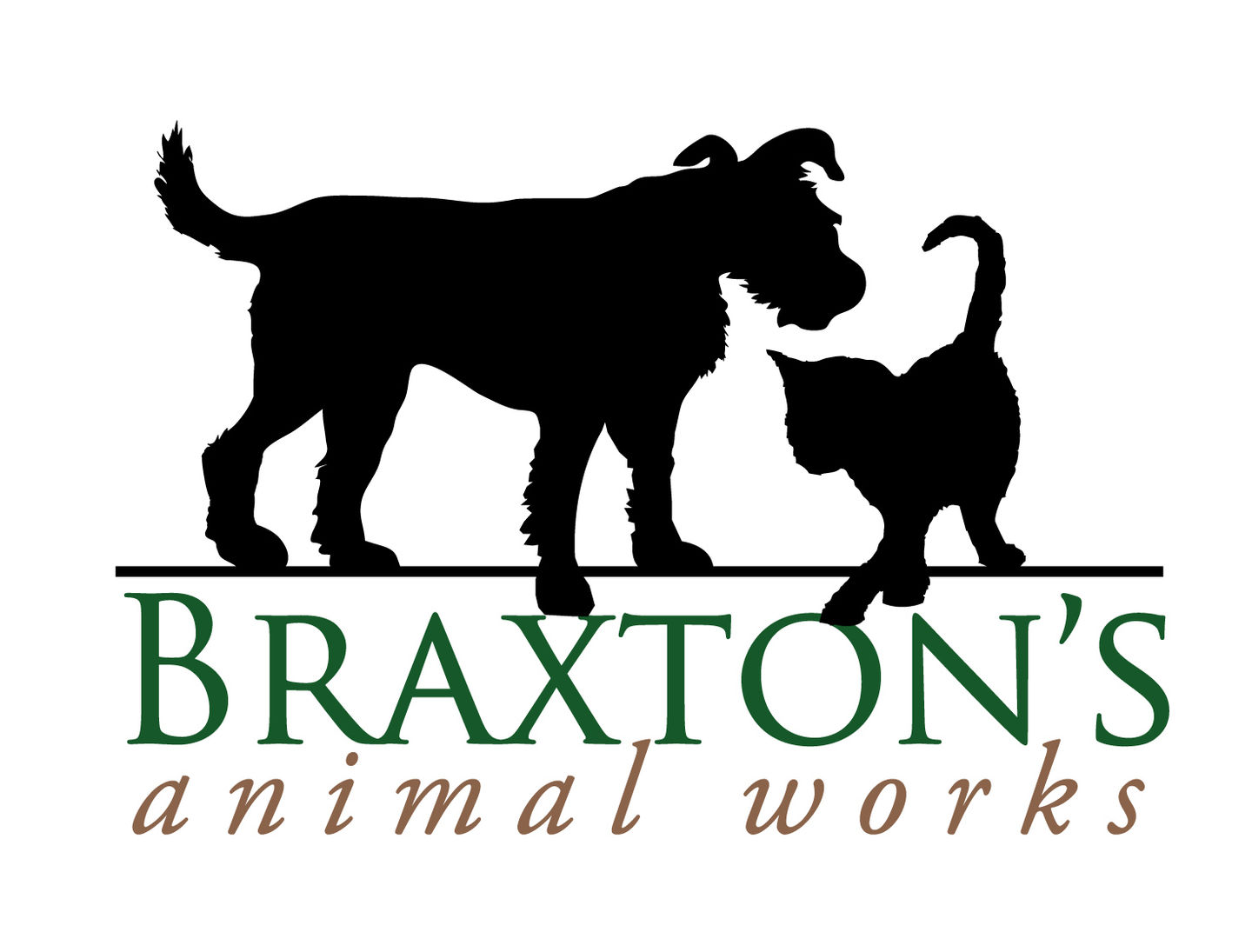Clean Teeth and Fresh Breath
Since tooth decay and gum disease have been linked to several illnesses in pets, preventative care, good diets, and yearly checkups are all the more important. There are a variety of ways to keep your pet's teeth clean and his breath fresh, but they vary from cats to dogs. Although it is more difficult to establish a good oral hygiene routine for cats than dogs, it is just as important to make the effort and like most routines, the earlier you begin, the easier it will be. Below are suggestions for both cats and dogs. Check with your veterinarian for specific information about your pet’s dental health.
Dogs:
- Toothbrush: Brushing a dog's teeth sounds a little weird at first, but it makes a lot of sense. If your dog is eating hard and crunchy food then you shouldn't have to brush his teeth as much. Hard food helps to clean the dog's teeth. If your dog eats a lot of moist food then he isn't getting the cleaning effects of the hard food, so you should brush more often.
- Treats: There are a lot of dog treats out on the market that are specifically made to help clean your dog's teeth. Some of these brands are Tropiclean and Greenies. These treats work in a similar way as the hard food does. Keep in mind that the dog still may need some cleaning.
- Breath Fresheners: Combine cleaning with fun! Try Tropiclean LiquidFloss on TriFlossRopeBall for hours of fun and entertainment for your pet. Tri-colored chew toy absorbs LiquidFloss, massages gums and flosses teeth all in one.
- Bones: Letting your dog chew on bones helps to clean their teeth. Dogs also usually love bones and will be amused by one for many hours.
- Doggie Dentist: Doggie dentists don't exist but veterinarians certainly do, and the veterinarians will do a cleaning of your dog's teeth for you. Check with your veterinarian for more information about your pet's oral health.
Cats:
- Routine: Establish an oral hygiene early. The American Veterinary Medical Association recommends getting cats used to the process while they’re kittens by using a finger cot or gauze, along with toothpaste made specifically for cats. You can also try dipping your finger in tuna water before rubbing it on your kitty's gums to make the experience more pleasant.
- Stimulate: Stimulate your cat's gums. Tooth decay usually starts with irritated or inflamed gums, so however you’re able to maintain your cat's oral health, don’t forget to massage his gums when you can. Not only will this accelerate healing, it will strengthen the gums so your cat will be less likely to suffer from gum problems further on. Gums should normally be pink and healthy, not red in appearance or irritated.
- Diet: Diet is another important factor in maintaining your cat’s teeth for good health. Besides the variety of feeding your cat a combination of wet and dry foods, you can also include deboned raw meat to stimulate him to chew, which helps to keep the bones strong. Vary the meats, too. Besides fish, you can also feed your cat beef and rabbit.
- Yearly Checkups: At your cat's yearly checkup, ask your veterinarian to do a thorough oral checkup too. Be sure to mention any concerns you may have about bad breath or bleeding gums.
For more information about healthy foods or dental health products stop by Braxton's Animal Works.
Upcoming Events:
A Night with Russell Armstrong:
Russell Armstrong, founder and formulator of VeRUS Pet Food, will be at Braxton’s Animal Works on Thursday, March 14, 2013 6:00-7:00 to share educational information about nutrition and your pet’s health.
Reigning Cats & Dogs:
The Wayne Art Center opens an exhibition of companion animal works with a Reception on Friday, April 5, 2013 6:00-9:00 and a Pet Fair on Saturday, April 6, 2013. For details click here.
Rescued on the Runway:
Join the Delaware County SPCA for their fashion show fundraiser on Saturday, March 9th, for a night of music, fashion, food, drinks and lifesaving! For more information about this event, click here.

